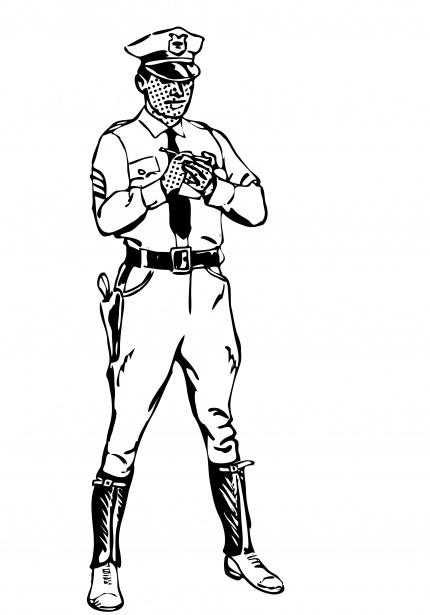Millions of workers are furious and off the job or quitting because of intolerable working conditions. They don't get hazard pay when working dangerous jobs, forced to work 70 - 80 hour weeks, no paid sick days when sick, etc. Getting puny raises while executives pay soared.
Why are the labor leaders doing so little to engage in a movement of non-union workers that could work in conjunction with traditional union movement?
From The Guardian
You know, Professor, now that you mention it, Stu and I are on the outs right now anyway.
This is a perfect opportunity to break in a new partner . . .
~
(executives pay executives’ pay)
Plural possessive noun.

From what I know of labor unions, and based purely on the personal experience I had when I was a union member, for some unions it’s a bit of “damned if you do, damned if you don’t” situation for them to act on behalf of non-members. Because of the way the union contract read in the union to which I belonged, union officials had to act on behalf of all employees, because all employees were considered part of what is known as “the bargaining unit” regardless of union membership or not. At that job there were two entities written into the contract the bargaining unit and management. Once an employee was promoted to a supervisory position, he or she was no longer considered part of the bargaining unit and became part of management. My union would not act on behalf of management or management personnel in any way shape or form, would only act on behalf of non-supervisory employees. From my limited understanding, there are some unions that will only represent employees who are who are dues-paying members, and/or other requirements that stipulate what is active and current membership. Therefore, in the type of unions where all employees must be represented by their union, then the answer to your question is actually moot, but only on face value. My actual experience was that certain non-member employees who sought union assistance on an issue received lackluster response and/or lackluster efforts from the union, as opposed to dues-paying union members.
The other type of union to be considered is that type in which written into their rules regulations or laws is the stipulation that only dues paying members or active and current members HAVE TO be represented by the union, but that discretionary assistance can be offered to non-members. This is where the two edge sword comes in. A union can seek favor for itself and attract more membership by representing nonmembers, such as in any way that says the union is beneficial. It can actually be a recruiting effort to represent nonmembers by showing everyone what the union can and is willing to do. On the other hand, however, for those unions that have the opportunity to use discretionary decision making and representing nonmembers, yet choose not to do so either in a blanket policy or in a case by case basis, that can backfire for the union if and when nonmembers look at it as an us and them situation. There might already be divisiveness between labor and management but further divisiveness can exist between labor members of the union and labor non-members of the union.
~
I stand corrected: you served in both the Navy and the Coast Guard.
Thank you again.
~